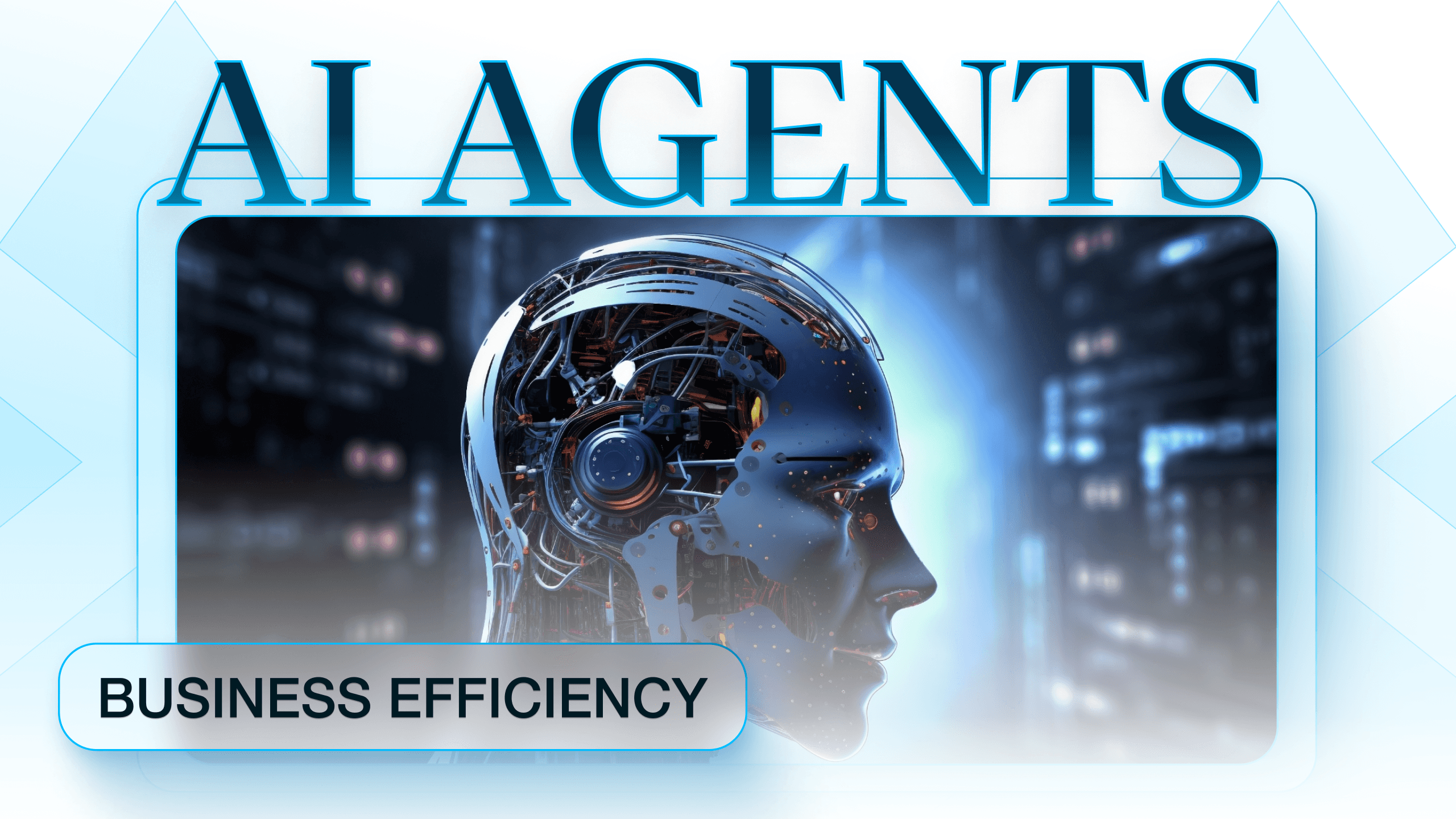What is Agentic AI?
Agentic AI refers to AI systems that can make autonomous decisions and take actions to achieve specific goals with little to no human intervention. These systems are designed to:
Operate independently, adapting to their environment and learning from data.
Pursue specific objectives, optimizing actions to achieve desired outcomes.
Interact with their surroundings, perceiving changes and adjusting strategies accordingly.
Enhance workflows by integrating language understanding, reasoning, and decision-making.
Unlike traditional AI, which often requires explicit instructions, Agentic AI systems can think and act on their own, making them incredibly powerful for solving complex problems.
Why Agentic AI Matters
The potential of Agentic AI is staggering. Here’s why businesses and governments should pay attention:
🔸 73% of CEOs in the Middle East believe generative AI will reshape business models within three years.
🔸 Generative AI could contribute $4.4 trillion annually to the global economy by 2030. 💰
🔸 Industries like manufacturing, finance, healthcare, and retail are already seeing transformative benefits from AI-driven decision-making and automation.
Source: https://www.linkedin.com/feed/update/urn:li:activity:7296829885669404673/
Agentic AI isn’t just about efficiency—it’s about innovation. By automating routine tasks and providing intelligent insights, it allows organizations to focus on strategic initiatives, driving growth and staying competitive.
The Evolution of Agentic AI
Agentic AI has come a long way from simple rule-based systems. Its evolution can be broken down into three key phases:
2000s: Integration of Machine Learning (ML)
AI systems began learning from large datasets, improving decision-making and adaptability.
Advances in Natural Language Processing (NLP) enabled more natural user interactions.
2010s: Introduction of Multimodality
AI agents started combining text, images, and audio, becoming more versatile and capable of handling complex tasks.
Enhanced user interactions allowed for dynamic responses, such as providing visual aids or understanding context from multiple inputs.
2020s-Present: Advanced Autonomy and Real-Time Interactions
AI agents now operate with advanced autonomy, setting their own goals and making independent decisions.
Multimodal AI systems process information in real-time, enabling applications like autonomous vehicles and real-time customer service.
The Power of Multi-Agent AI
Agentic AI isn’t about a single AI system - it’s about multiple specialized AI agents collaborating to solve complex problems. These AI-driven teams integrate reasoning, planning, and decision-making directly into business operations, making organizations faster, smarter, and more competitive.
For example, in customer service, multiple AI agents can work together to handle inquiries, resolve issues, and provide personalized recommendations—all without human intervention.
Real-World Success Stories
Agentic AI is already making waves across industries. Here are a few examples:
Manufacturing: Siemens uses AI to predict equipment failures, reducing maintenance costs by 20% and increasing production uptime by 15%.
Healthcare: Mayo Clinic integrates AI into radiology workflows, cutting diagnostic times by 30% and improving patient outcomes.
Finance: JPMorgan Chase’s AI platform analyzes legal documents, saving 360,000 hours of manual review annually.
Retail: Amazon leverages AI for personalized recommendations, boosting sales by 35% and improving customer retention.
These success stories highlight the transformative potential of Agentic AI in driving efficiency, reducing costs, and enhancing customer experiences.
Why Organizations Should Adopt Agentic AI
Agentic AI offers significant advantages in efficiency, decision-making, and customer interaction. Here’s how it can benefit your organization:
Enhanced Decision-Making: AI systems analyze vast amounts of data quickly, providing actionable insights to optimize operations and identify market trends.
Boosted Efficiency: Automating repetitive tasks frees up human resources for more strategic activities, increasing overall productivity.
Improved Customer Experience: AI-driven chatbots and virtual assistants offer personalized, responsive support, enhancing customer satisfaction and loyalty.
By adopting Agentic AI, organizations can gain a competitive edge, innovate faster, and deliver superior business outcomes.
The Future of Agentic AI
Agentic AI is set to redefine how businesses and governments operate, enabling autonomous agents to handle tasks with unprecedented speed, precision, and adaptability. This transformation will not only reduce costs but also unlock new revenue streams and growth opportunities.
For organizations, embracing Agentic AI is no longer optional - it’s a strategic imperative to stay competitive in an increasingly AI-driven world.
Key Takeaways
✅ AI-first companies will lead the pack - early adopters are setting the pace, while latecomers risk falling behind.
✅ "Service-as-a-Software" is the future - AI is evolving beyond traditional SaaS to deliver outcome-driven solutions.
✅ Multimodal AI is the next wave - AI systems will process text, images, audio, and real-time data for superior business intelligence.
✅ Ethical AI and governance are critical - transparency, security, and responsible AI adoption must remain top priorities.
Conclusion
The question isn’t whether to adopt Agentic AI but how quickly you can integrate it into your operations. The future belongs to those who prepare for it today - make AI the cornerstone of your strategic arsenal.
👉 Book a strategy call to discuss how you can implement AI in your business today: Free Strategy Call

Jousef Murad
Founder of APEX




